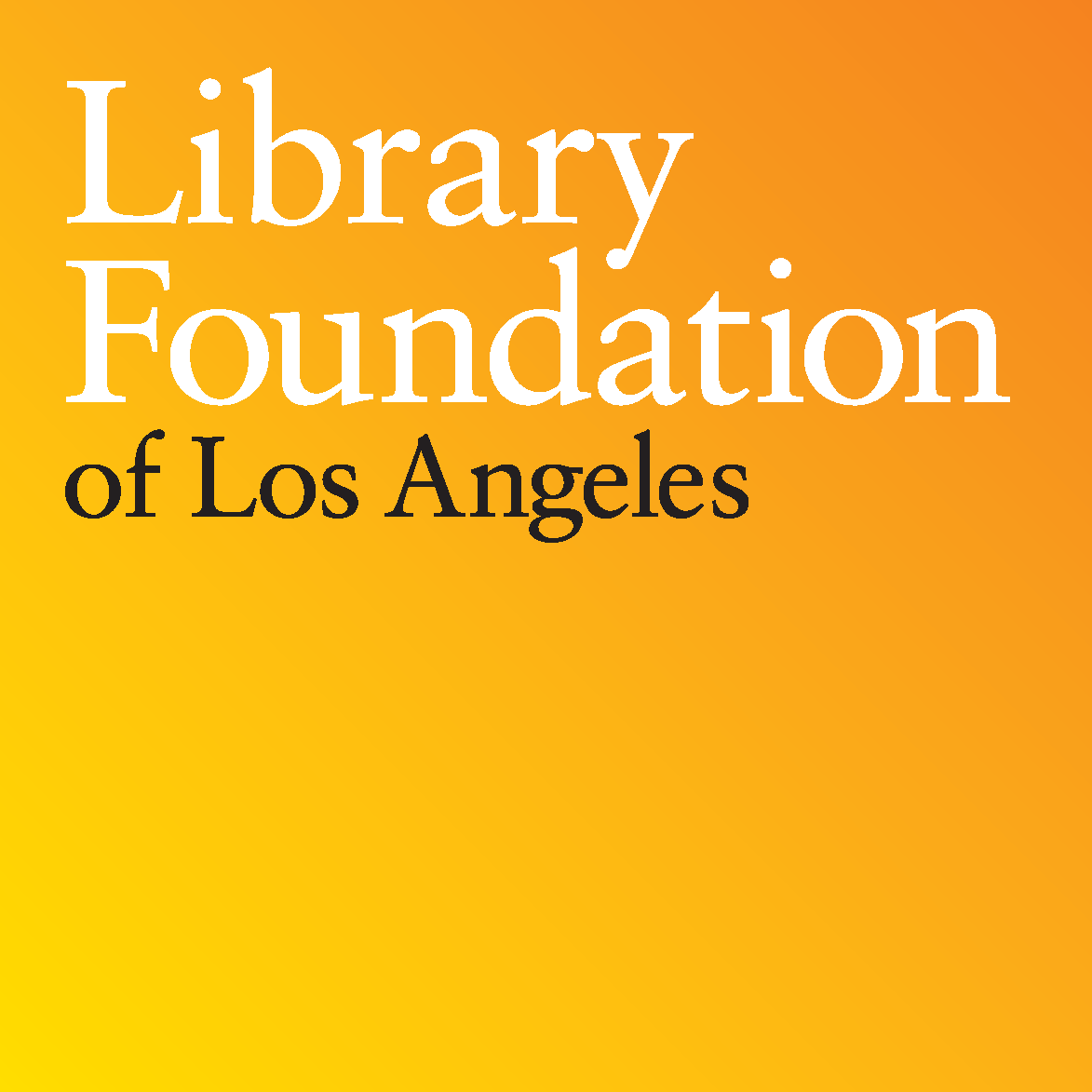When the 24-year-old Juan Francisco was killed last year—another innocent victim of the some 50,000* that have been killed by acts of violence related to the “drug war” in Mexico—his father, poet and columnist Javier Sicilia, said “we’ve had enough.” Javier made the decision to renounce poetry in order to dedicate himself to giving voice to the voiceless so that the politics governing the fight might shift.
 Betto Arcos, Javier Sicilia, Ruben Martinez (L to R) Photo: Gary McCarthy
Betto Arcos, Javier Sicilia, Ruben Martinez (L to R) Photo: Gary McCarthy
Sicilia has since become the face of the Movement for Peace and Justice. Casually dressed in jeans and a khaki vest, and adorned with the now iconic brown weathered hat and a multitude of medallions, bracelets, and rosaries, Sicilia joked during his appearance at ALOUD last week that he sometimes feels like a saint from a small village, carrying the amulets and mementos given to him by those that have crossed his path. These symbols remind him there is a country of victims out there praying for him and the Movement—for an end to the impunity, crime, and corruption that have ravaged the nation over the past 6 years during President Felipe Calderón’s tenure.
Interlocutor Rubén Martínez and Betto Arcos, translating for Javier this evening, opened the discussion with a poem from San Juan de la Cruz, the 16th century Spanish poet and Roman Catholic mystic whose poem “The Obscure Night of the Soul” juxtaposes the darkness the soul must encounter in order to reach the light.
A man of deep faith himself, Javier spoke about the physical caravan organized by the Movement for Peace as a way to retake the ancient Christian practice of a pilgrimage—a journey to heal society and to fill political life with spirituality. After leading a caravan in Mexico this June, which proceeds the July presidential elections, Sicilia plans to take it north to the United States. Starting at the border with Tijuana and moving northeast all the way to Washington D.C., he hopes to bring awareness to the American government and its citizens that they too hold a great responsibility in this suffering, through the consumption of drugs and the supply of firearms that travels from the U.S. directly into Mexico, both legally and illegally. (The impact was underscored when Martínez polled the audience asking, “How many of you know people who have been affected by the violence on either side of the border?” An astounding show of hands were raised.)
 The discussion was layered with rich political and metaphysical complexities that comprise Sicilia. When asked what the desert means to him, as is often referenced in his work, Sicilia replied, “It’s a strange, empty place, but only in emptiness can one feel the presence of God. San Juan de la Cruz speaks of the desert as a window, where light comes through, but if it is dirty you only see the window. When we clean it, you only see the light. Even though there is nothing more than the horizon and the mountains, you can feel God in this landscape. The presence appears where there is nothing present.” With a kinship to Martin Luther King, Gandhi, and Cesar Chavez, he believes the caravans have the capacity to bring back the sacred desert- crossing hell for redemption.
The discussion was layered with rich political and metaphysical complexities that comprise Sicilia. When asked what the desert means to him, as is often referenced in his work, Sicilia replied, “It’s a strange, empty place, but only in emptiness can one feel the presence of God. San Juan de la Cruz speaks of the desert as a window, where light comes through, but if it is dirty you only see the window. When we clean it, you only see the light. Even though there is nothing more than the horizon and the mountains, you can feel God in this landscape. The presence appears where there is nothing present.” With a kinship to Martin Luther King, Gandhi, and Cesar Chavez, he believes the caravans have the capacity to bring back the sacred desert- crossing hell for redemption.
Perhaps one of the most truthful and remarkable moments during the conversation came during the Q & A, when a young man asked Sicilia to describe his encounter with President Felipe Calderón last year. Sicilia’s generous response, shared with pause and meditation, spoke of his unique meeting behind closed doors, where the two men had the opportunity to speak to each other not as president and citizen, but as Felipe and Javier.
Javier shared with Felipe the story of the prophet Nathan and King David, where the King, whose criminal act of stealing wives from other men created a domino effect of tragedy within the kingdom. One day, when he is called upon to moderate a conflict between shepherds, he asks who is responsible for the conflict. “You, sir,” responds the kingdom. In his own defense, Felipe Calderón jumped in to say, “But I didn’t take anybody’s wife,” to which Sicilia soberly responded, “No, but you took my son, and the 40,000* others who have died. You owe that to the country.”
Sicilia concluded by stating it was in that discussion that “we touched the man. And this helped a lot. The political life has to be humanized. “
To learn more about the drug-related violence in Mexico, watch journalist Charles Bowden (ALOUD, May 2010) talk about “Murder City,” his book on the devastation ravaging the city of Juarez.
To learn more about the Movement for Peace with Justice and Dignity’s summer caravan, contact Global Exchange.
*Unofficial statistic. Many reports say it could be between 50-60,000. Later in the interview Sicilia uses the figure of 40,000, which is one of the figures the Mexican government cites.
